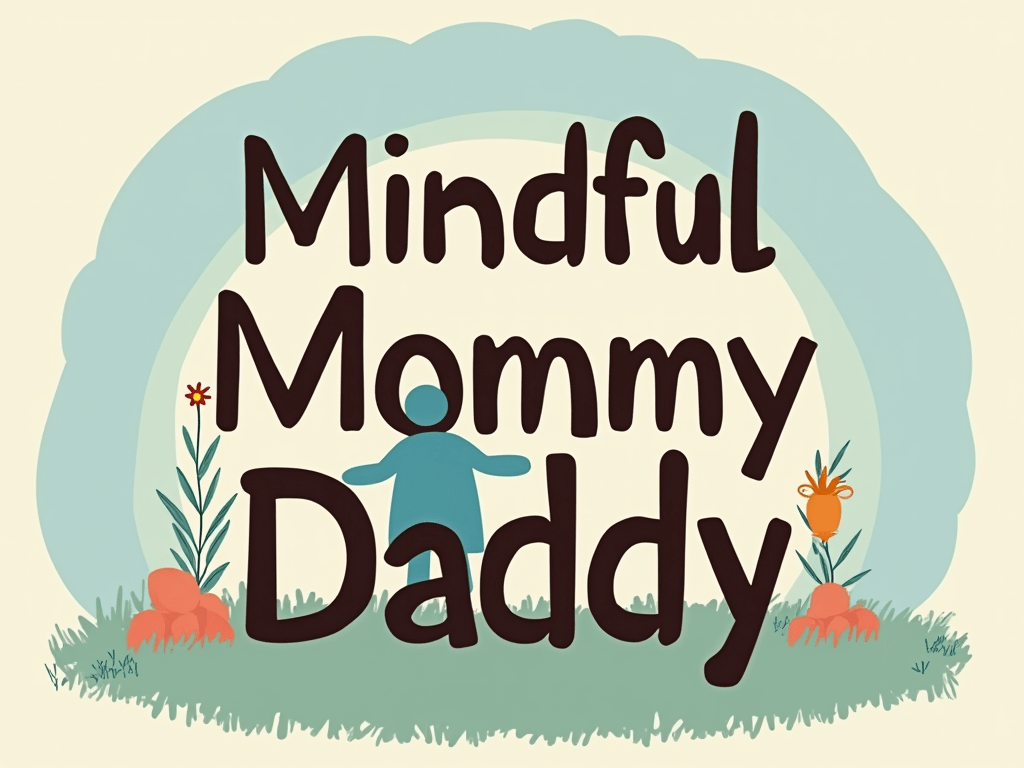Parenting is one of life’s most profound responsibilities. Naturally, every parent wishes to see their child safe, happy, and unburdened by life’s challenges. However, over-sheltering your child—though driven by love and good intentions—can actually hinder their development in significant ways. While providing care and protection is essential, striking a balance is equally vital for fostering resilience, independence, and emotional maturity in children.
The Impact of Over-Sheltering on Emotional Growth
Sheltering your child excessively can have far-reaching consequences, particularly in their emotional development. When children are shielded from failure, criticism, or discomfort, they may develop an inability to process challenges effectively. Facing mild adversity in a supported environment teaches emotional regulation, critical thinking, and problem-solving—all of which are building blocks for emotional resilience.
For instance, imagine a young child who is never allowed to lose in a game. The constant reinforcement of winning, while seemingly positive, may prevent them from learning how to cope with setbacks or disappointment. By avoiding experiences that evoke negative emotions, parents unknowingly deprive their child of learning how to overcome challenges in healthy ways.
Emotionally overprotected children often struggle with self-doubt, anxiety, and low confidence, as they become reliant on their caregivers to solve problems for them. Ultimately, these struggles can follow them into adulthood, affecting relationships, career success, and overall mental health. To raise emotionally intelligent individuals, parents must allow their children to experience, process, and overcome normal life challenges.
How Sheltering Hampers Skill Development and Independence
A child’s independence and skill development are directly tied to the opportunities they have to explore, experiment, and make decisions. When parents excessively shield children from making mistakes, they inadvertently curb the learning process that comes with trial and error.
For example, a parent who always steps in to complete their child’s school project or fixes their mistakes sends the message that the child is incapable of handling tasks independently. Over time, this breeds a lack of confidence in one’s abilities and discourages accountability. Children who do not face natural consequences for their actions often develop a sense of entitlement because they are conditioned to believe someone else will “fix things” for them.
Moreover, everyday tasks like managing chores, handling small conflicts, or making independent choices play pivotal roles in preparing children for adulthood. When these opportunities are taken away, children may enter adulthood lacking vital life skills such as decision-making, time management, and adaptability. Encouraging independence—under the right supervision—ensures that children build the competence and confidence needed to thrive on their own.
The Role of Controlled Risk in Fostering Resilience
One of the most critical aspects of childhood development is learning how to take risks and deal with the resulting outcomes. Controlled exposure to risk enables children to gauge their capabilities, develop critical thinking, and build resilience. Over-sheltering children, however, prevents them from engaging in these essential activities.
For example, playing at a park involves a small yet controlled amount of physical risk, such as climbing a tree or attempting a challenging obstacle. These experiences teach kids to evaluate danger, set limits, and push boundaries within reason. By refusing to allow such activities, parents may inadvertently stunt their child’s ability to calculate risks, resulting in either excessive fear or reckless behavior later in life.
Additionally, resilience—the ability to bounce back from adversity—is a learned skill. When children are allowed to solve minor problems on their own or face the repercussions of a bad decision, they gain invaluable lessons in perseverance and adaptability. Over-sheltering, however, shelters them from such lessons, creating individuals who may be ill-equipped to face the real world’s unpredictability.
Key Takeaways
- Resilience Building: Experiencing failure and resolving challenges helps children develop emotional strength and adaptability.
- Promotes Independence: Allowing children to make choices fosters creativity, accountability, and trust in their capabilities.
- Skill Development: Life skills like problem-solving, decision-making, and time management emerge when children are given autonomy.
- Healthy Risk Assessment: Controlled risk-taking builds confidence and teaches children to evaluate dangers critically.
- Long-Term Success: Overcoming adversities in childhood prepares kids for relationships, careers, and personal well-being in adulthood.
Frequently Asked Questions
1. What is the difference between protecting and over-sheltering children?
Protecting children involves ensuring their safety and well-being while allowing them to face minor challenges appropriate for their age. Over-sheltering, on the other hand, excessively removes all risks, challenges, or discomforts, preventing children from learning essential life skills.
2. How can parents encourage independence while staying supportive?
Parents can encourage independence by allowing children to make decisions, take responsibility for their actions, and experience natural consequences. Providing guidance without direct interference fosters both autonomy and security.
3. What are some signs that a child is emotionally overprotected?
Children who are emotionally overprotected may show signs of anxiety, fear of failure, dependency on adults for decision-making, or low self-esteem. They may avoid new experiences due to a lack of confidence in their abilities.
By letting go of the instinct to over-shelter, parents empower their children to grow into resilient, capable, and well-rounded individuals. Remember, it is through life’s challenges that we learn and thrive. Providing a safe but open environment for children to explore and grow is one of the greatest gifts a parent can offer.



